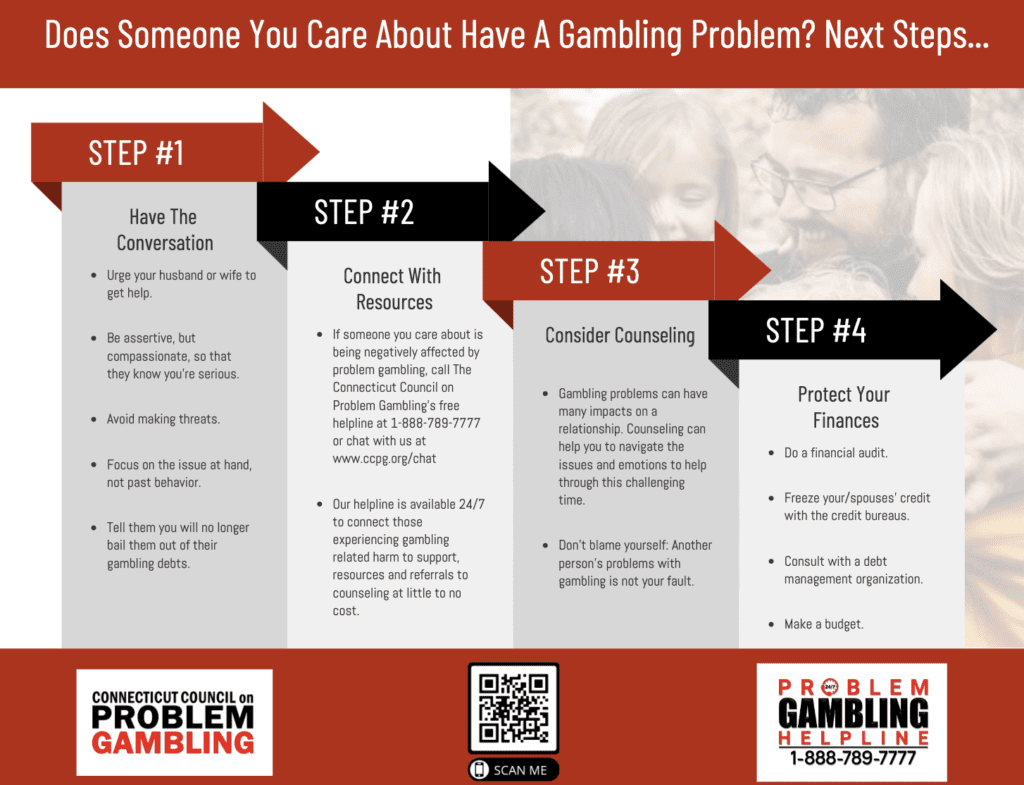Search Posts
Recent Posts
- Outdoors in RI: Help keep recreation areas clean. Invasive Milfoil, trash. 2A update – Jeff Gross July 26, 2024
- Real Estate in RI: Highest-ever sale in Queen’s Grant, EG $1.25M, by Residential Properties July 26, 2024
- Homeless in RI: Gov. Newsom issues Executive Order. Remove California’s encampments. July 26, 2024
- Let the games begin. XXXIII Summer Olympics – John Cardullo July 26, 2024
- GriefSPEAK: What would you do? – Mari Dias Nardolillo July 26, 2024
Categories
Subscribe!
Thanks for subscribing! Please check your email for further instructions.

Problem Gambling: Avoiding the downward spiral starts with self-awareness and having a plan.
The American Psychiatric Association has been increasing information and training for its professionals as gambling formats have changed rapidly in the last 5 years. They say, “More common than previously supposed, gambling disorder is associated with decreased self-esteem, co-morbid substance use disorders, financial and legal difficulties, relationship and family stress, and suicidality.”
United Way’s 2-1-1
While specialized groups such as the National Council on Problem Gambling offer specialized help, even the United Way has information for you – and resources available to connect with by calling their highly helpful 2-1-1 number. They can help you connect with local and national help for gambling in an anonymous way, at no charge.
The United Way offers this service in addition to a self-administered quiz you can take to assess gambling problems.
Screening for gambling problems-self administered
The NORC Diagnostic Screen for Gambling Disorders (NODS-SA) is a self-assessment version of the NODS. It’s meant to assist individuals in evaluating whether to seek help for their gambling behavior.
- Have there ever been periods lasting two weeks or longer when you spent a lot of time thinking about your gambling experiences, planning out future gambling ventures or bets, or thinking about ways of getting money to gamble with?*
- Have there ever been periods when you needed to gamble with increasing amounts of money or make larger bets in order to get the same feeling of excitement?*
- Have you ever felt restless or irritable when trying to stop, cut down, or control your gambling?*
- Have you tried and not succeeded in stopping, cutting down, or controlling your gambling three or more times in your life?*
- Have you ever gambled to escape from personal problems, or to relieve uncomfortable feelings, such as guilt, anxiety, helplessness, or depression?*
- Has there ever been a period when, if you lost money gambling one day, you would often return another day to get even?*
- Have you lied to family members, friends, or others about how much you gamble, and/or about how much money you lost on gambling, on at least three occasions?*
- Have you ever written a bad check or taken money that didn’t belong to you from family members, friends, or anyone else in order to pay for your gambling?*
- Has your gambling ever caused serious or repeated problems in your relationships with any of your family members or friends? Or, has your gambling ever caused you problems at work or with your studies?*
- Have you ever needed to ask family members, friends, a lending institution, or anyone else to loan you money or otherwise bail you out of a desperate money situation that was largely caused by your gambling?*
Screening tools provided by the National Council on Problem Gambling.
This self-assessment will help you figure out if there may be a problem, but only a professional can diagnose if it is a gambling problem, a different problem, or both.
211 responders can assist you in finding a professional who can help.
___
In Connecticut…
Connecticut, with the two casinos closest to Rhode Island, is years ahead of the state in offering help. The Connecticut Council on Problem Gambling is the most active.

___
Dealing with Gambling Urges – having a plan and anticipation is key to success in avoiding problem gambling. Urges can be as strong or even stronger than the urge to drink or take addictive drugs. Key is having a plan (CCPG)…
Plan ahead to avoid boredom.
Those used to the highs and lows of active addiction typically struggle with periods of boredom. Try to plan your days so that you aren’t tempted to fill empty space by gambling.
Do something completely different.
The brain is used to working in a certain way when gambling, but it still needs to be constantly stimulated once you stop. Try to set new goals and tasks for yourself each day to better cope
with gambling urges.
Rekindle an old hobby.
Rekindling old hobbies will not only boost your self-esteem but will also provide a regular reminder of your new way of life. Like most behavioral addictions, it is important to find a more healthy activity to replace negative addiction.
Be vigilant leading up to special events.
Recognize the need to strengthen your resolve as special events and approach on the calendar.
Find ways that help you cope better with stress.
Stress can be a major factor in relapse from gambling recovery. Temptation to gamble can grow stronger as stress increases.
___
___
Next week we will look at advice and help for loved ones of those with a problem gambling – as with all major health problems like addiction, honesty with family, and family support is critical to moving forward in a positive and healing way.
___
Prior articles on Problem Gambling:
